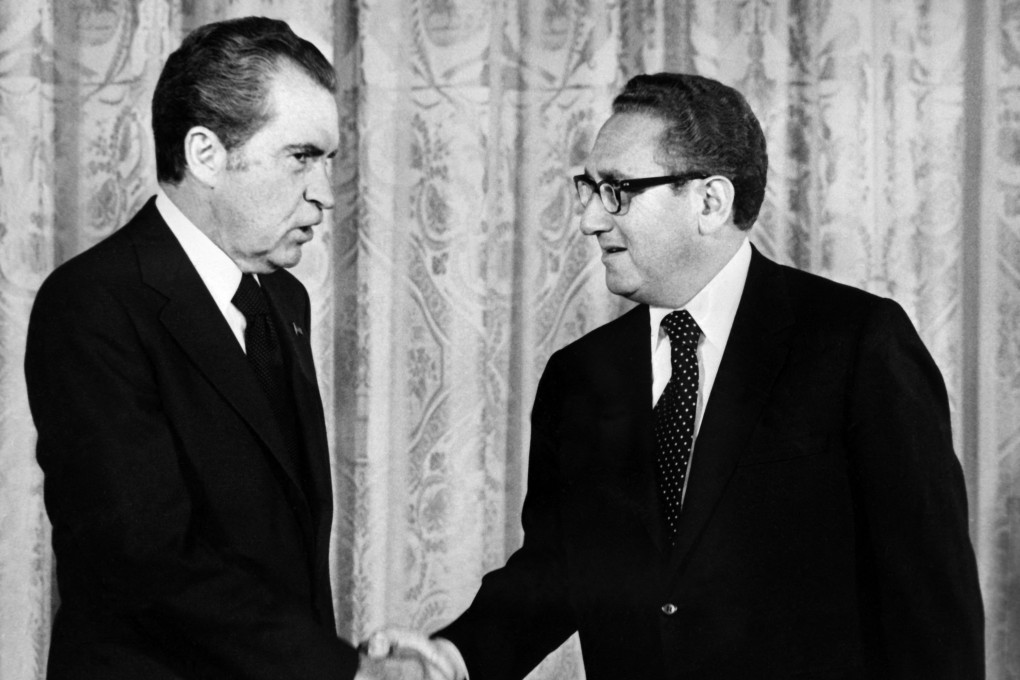My Take | Henry Kissinger, the not-so-great figure of 20th century politics
- Historians will long debate whether the terrible things the US secretary of state did far outweighed the goods he delivered on the world stage

Historical great men were mostly uncomplicated creatures, obsessed with one big idea. Henry Kissinger, who has died aged 100, was far too complex to be one.
Depending on whether you are a European or African, an Arab or an Israeli Jew, a Sinhalese, an Indian or a Pakistani, whether you are from Chile, Argentina or Brazil, or if you are Vietnamese or Cambodian, Japanese or Korean, assessments of the man would range from being a diplomatic giant of Bismarckian proportions to a war criminal who belonged in The Hague.
The Chinese, of course, loved him, and visits to Beijing were always good for an ego boost. But you never saw him trotting to Taiwan, understandably. Long after he was out of office, whenever he travelled overseas, he needed to check if there was any outstanding arrest warrant for some alleged war crime or another.
It would be most unpleasant being detained like Augusto Pinochet in London in 1998, someone he helped install in power after the violent overthrow of the democratically elected socialist president Salvador Allende in Chile.
The late British journalist Christopher Hitchens wrote a whole book, The Trial of Henry Kissinger, in the form of a prosecutorial document, “for war crimes, for crimes against humanity, and for offences against common or customary or international law, including conspiracy to commit murder, kidnap, and torture.” To be fair, Kissinger wouldn’t be the only top American official to whom those charges seem appropriate.
Winston Churchill once quipped that history would remember him kindly because he himself intended to write it.
